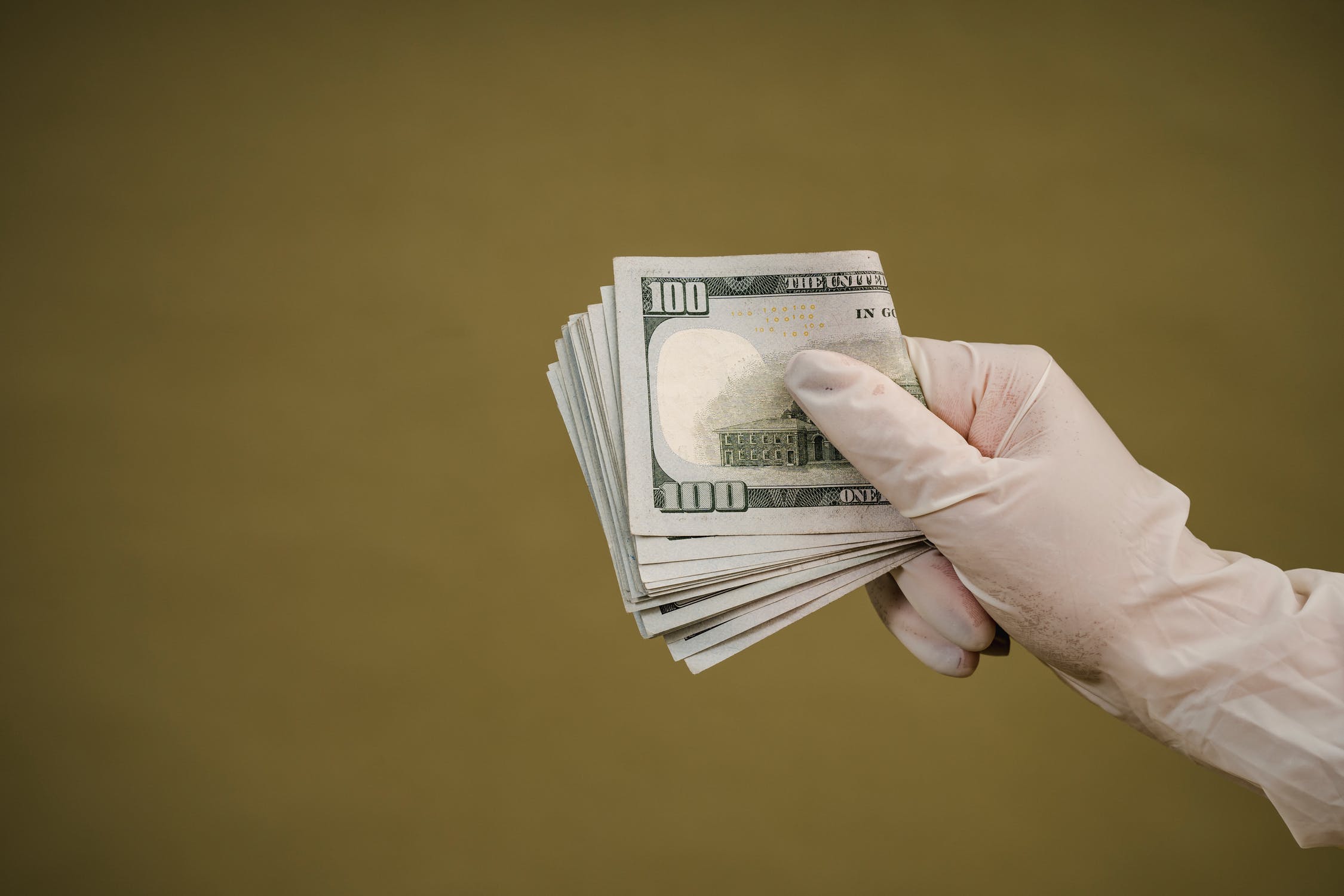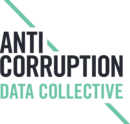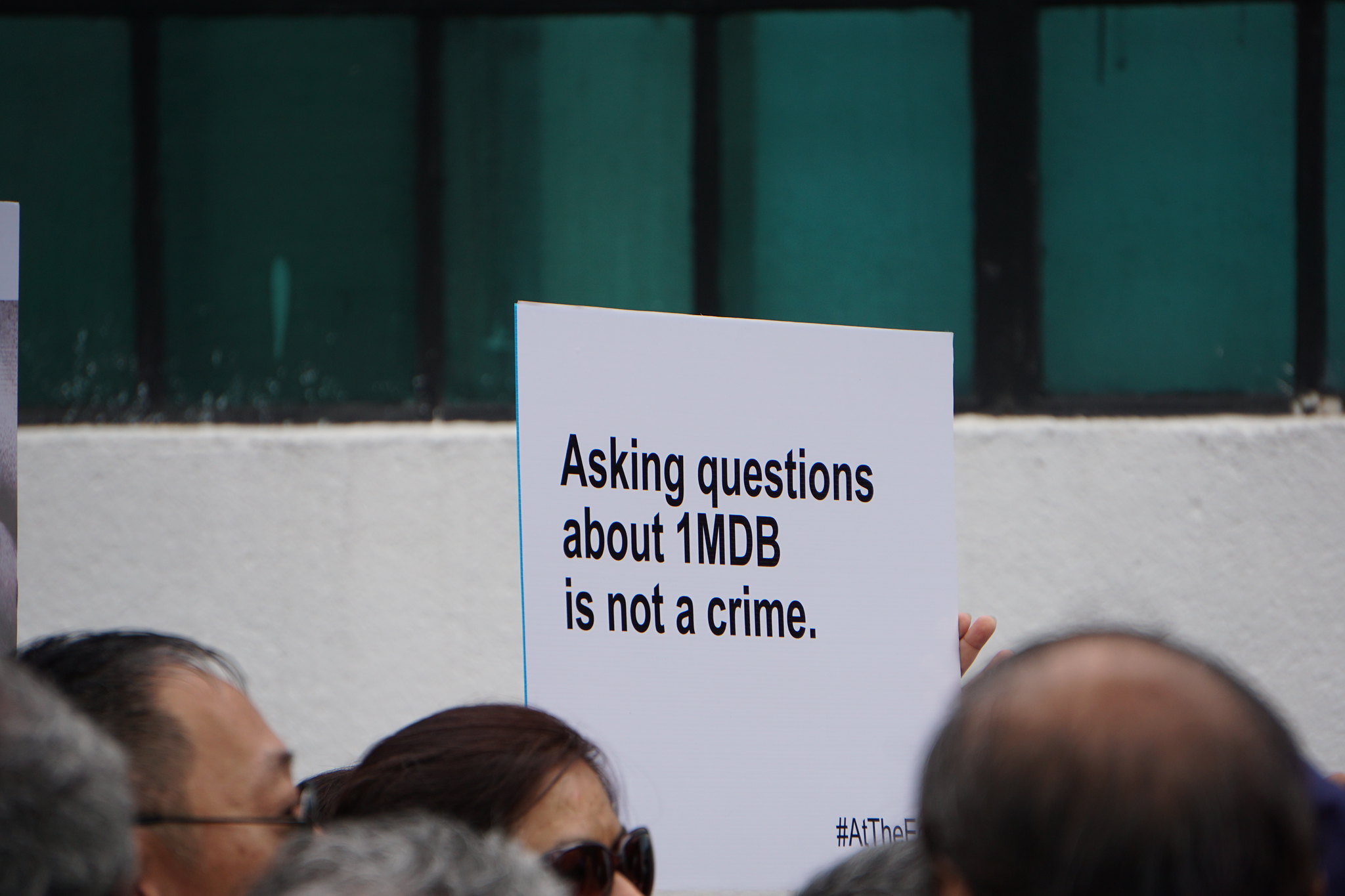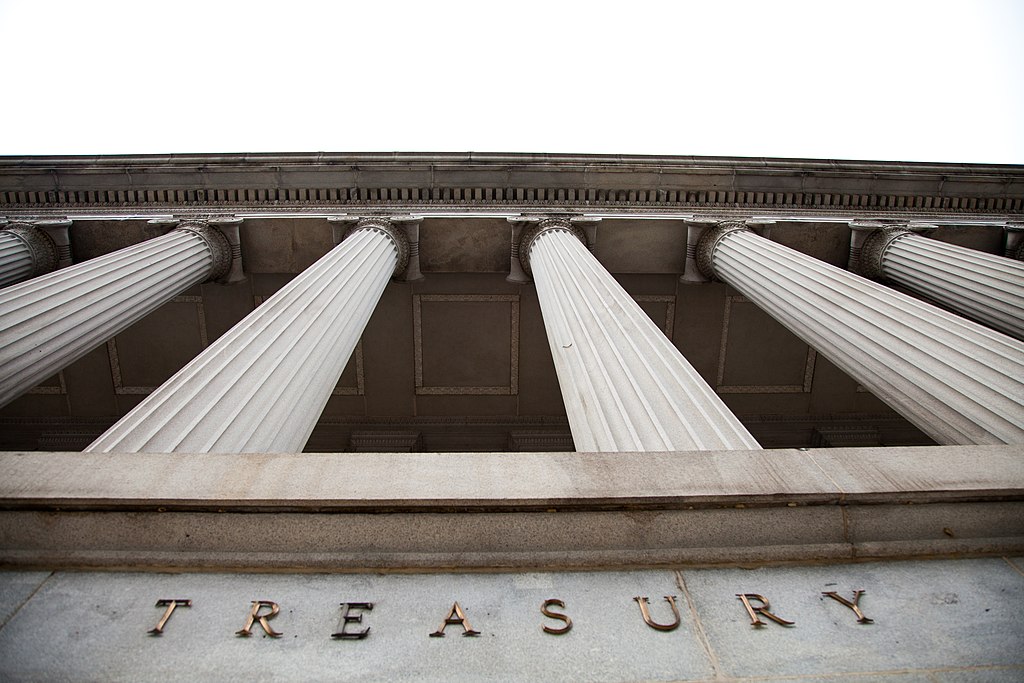A museum, a mansion, a hedge fund

ACDC newsletter, April 7 2022
Putin’s cronies have deep ties to the US.
Two years ago, we dug into post-Soviet oligarchs’ donations to U.S. cultural institutions for a piece in Foreign Policy and discovered that many prestigious American institutions are quietly fuelled by Russian corruption.
Analyzing data from private companies, IRS returns and annual reports, we found that seven oligarchs connected to recent interference efforts in U.S. politics had donated between $372 million and $435 million to more than 200 of the most prestigious non-profit institutions in the U.S. over the past two decades. Among the recipients were think tanks like the Brookings Institution and the Council on Foreign Relations (CFR), world-renowned universities such as Harvard and the University of Southern California, and cultural icons such as the New York’s Museum of Modern Art and the Kennedy Center in Washington D.C.
These donations were about more than indulging a passion for cultural exchange. As our collaborator on that investigation, Casey Michel, wrote in New York Magazine this week, the oligarchs “have used these donations to U.S. nonprofits to transform themselves into supposedly successful philanthropists — with the access that entails.”
In the wake of the recent raft of sanctions against Russian oligarchs, several of the same cultural institutions have cut their ties. “The reputational risk right now of keeping an oligarch on an institutional board such as CFR is just too great,” our co-founder David Szakonyi told Bloomberg.
Other outlets from the Washington Post and NBC News to online arts mag Hyperallergic have dug into our database. But it isn’t always as possible to follow the money. And not all beneficiaries are as sensitive to public opinion.
ICIJ recently asked: Are oligarchs hiding money in US real estate? The answer, sadly, is: yes, but we don’t know how much.
As we showed in February, the main tool available to U.S. authorities for collecting information about the real owners of shell companies making suspicious property deals, known as Geographic Targeting Orders, has left open loopholes in coverage, compliance, and enforcement.
But that isn’t the only open door making it harder to enforce sanctions against Russian oligarchs.
The New York Times recently reported that Roman Abramovich (sanctioned by the UK and EU but not the U.S.) has invested billions in the U.S. through a complex string of shell companies, professionals and private funds. Part of the problem is that, unlike banks, private investment funds aren’t required to collect and report who is behind the money being invested — all thanks to a temporary exemption that has lasted 20 years.
Closing this gap has been one of our main recommendations to policymakers since we launched in June 2020. Last week, we saw new and much needed political momentum, when Senators Elizabeth Warren & Sheldon Whitehouse urged Treasury and SEC to remove the exemption, writing: “the financial secrecy afforded by private investment markets makes complete and consistent enforcement of these sanctions [on oligarchs] near impossible.“
As we wrote in a letter to the Economist, private investment markets have been playing in the shadows for too long. It is long past time to bring them into the light — and see who has been hiding.




